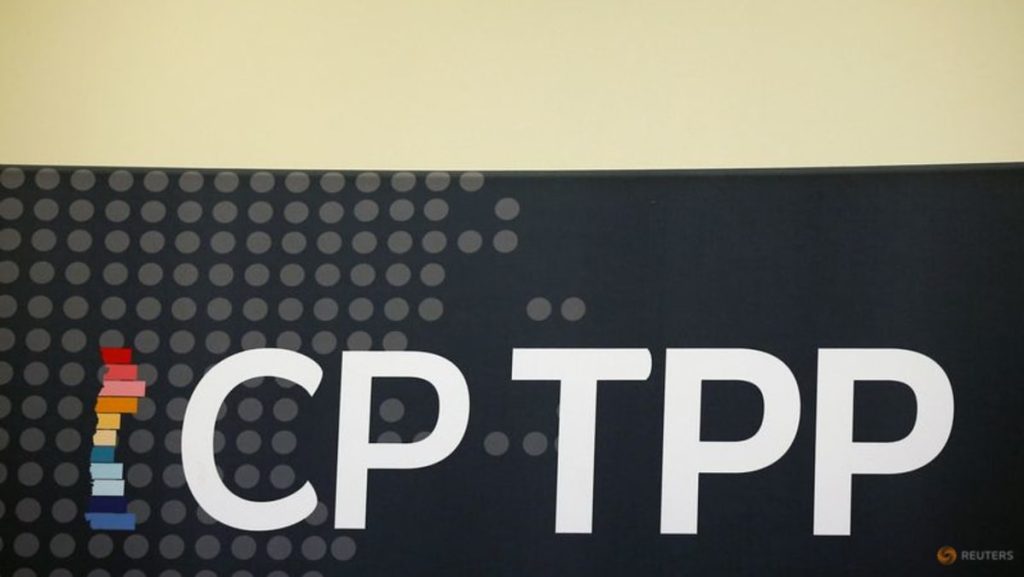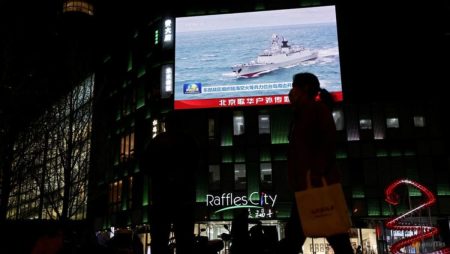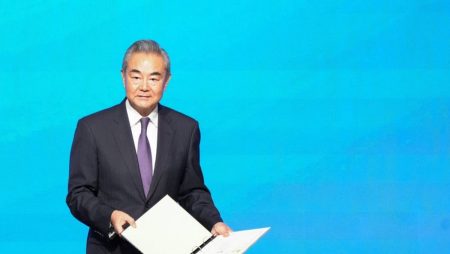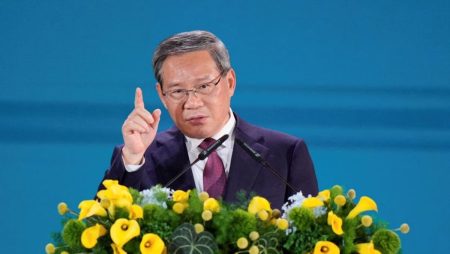Taiwan’s aspiration to join the Comprehensive and Progressive Agreement for Trans-Pacific Partnership (CPTPP) remains a topic of contention, especially following expressed disappointment from Taipei over the lack of a working group dedicated to consider its membership. The CPTPP, a significant trade pact consisting of 11 member countries, aims to foster economic cooperation and reduce trade barriers across the Pacific Rim. Taiwan’s government has vocalized its concerns after a recent ministerial meeting in Vancouver, highlighting that political factors should not impede its inclusion in the trade agreement. Taipei’s desire to join the CPTPP is not only driven by economic factors but also by a broader intent to engage more robustly in the international community amid its ongoing diplomatic challenges.
In a response to Taiwan’s expressed disappointment, Global Affairs Canada reaffirmed that discussions regarding accession requests will continue, even after the recent establishment of an Accession Working Group (AWG) for Costa Rica. The Canadian government emphasized that the establishment of the AWG for Costa Rica would not hinder deliberations on other applicant economies, including Taiwan. This stance resonates with the “Auckland Principles,” which outline that prospective members must demonstrate an ability to fulfill high trade standards, maintain a record of complying with trade commitments, and recognize that membership decisions rely largely on consensus among existing member states.
Taiwan first applied for CPTPP membership in 2021, shortly after China had made its own application. This development was significant, as both Taiwan and China compete for membership in crucial trade agreements despite their fraught political relationship. Currently, the CPTPP includes 11 member countries—Australia, Brunei, Canada, Chile, Japan, Malaysia, Mexico, Peru, New Zealand, Singapore, and Vietnam. The dynamics surrounding these applications underscore existing geopolitical tensions, particularly concerning China’s efforts to diminish Taiwan’s international presence and participation.
Despite these challenges, Taiwan remains adamant about its right to engage in international trade discussions and treaties independent of Beijing’s influence. The democratic governance of Taiwan contrasts sharply with China’s authoritative stance, and this distinction is central to Taiwan’s assertions of sovereignty in trade negotiations. Taiwan’s officials argue that they should not be sidelined by China’s objections, stating firmly that it has the right to represent itself on the global stage.
As Taiwan navigates its quest for CPTPP membership amidst these complexities, the overarching sentiment is that economic integration and participation in global trade are crucial for its future. Despite China’s overt opposition to any recognition of Taiwan’s sovereignty, the island nation continues to actively seek opportunities to strengthen its global economic relations. The pursuit of CPTPP membership is not just a matter of enhancing trade; it also symbolizes Taiwan’s desire for greater international legitimacy and visibility in an increasingly polarized world.
In summary, Taiwan’s efforts to join the CPTPP highlight broader themes of international diplomacy, economic aspirations, and the interplay of geopolitical relationships in the Asia-Pacific region. As Taiwan seeks to be included as a full member in this major trade pact, the reactions of existing members and the implications of China’s actions will significantly shape the course of its engagement in trans-Pacific trade. Taiwan’s strategic focus on adhering to the Auckland Principles and demonstrating its commitment to international trade standards plays a critical role in its ongoing efforts to foster alliances and strengthen its economic standing globally.










